We all love our pets, but life sure was easier before he/she turned diabetic. As the parent of a diabetic pet, it is natural to wonder if you could have done anything to prevent diabetes. For obese pets (particularly overweight cats who are at risk for type 2 diabetes), you certainly can improve the odds!
Controlling your pet’s diet, initiating an exercise program, and proper weight management all improve glycemic control.
Here are 8 tips that can get that extra weight off your pet:
- Measure your pet’s food . Portion control is key. Know how much your pet is eating.
- Periodic weigh-ins. If you weigh your pet every week you can decide if your portion sizes are appropriate. If your pet is not losing weight try decreasing the measured portion size by 5% until the next weigh-in.
- Take your pet for a walk. Initiate playtime with your indoor cats – a toy or laser light works great!
- Feed an appropriate diet. Feed a low fat diet. If your vet agrees, you might consider one of the weight loss diets that are higher in protein as protein is very filling. Your own veterinarian can help you choose a diet that is appropriate for your pet. Some pet food companies now give you food in prepackaged portions making portion control even easier.
- Get your pet play dates. See if your neighbor with the dog down the street would like to go for a walk with your dog. Dogs are often more playful with a buddy.
- Stop with the table scraps! Or, if you must persist, give your pet healthy snacks like carrots or green beans or bits of lean meat. Some pets even like ice cubes.
- Feed your cat canned food. Canned food is much lower in carbohydrates than dry food. Cats do very well on low-carb diets (This is not the case for dogs).
- Consult your veterinarian. Perhaps there is an underlying issue such as hypothyroidism predisposing your dog to obesity.
NOTE: Consult your veterinarian to confirm that my recommendations are applicable for the health needs of your pet.
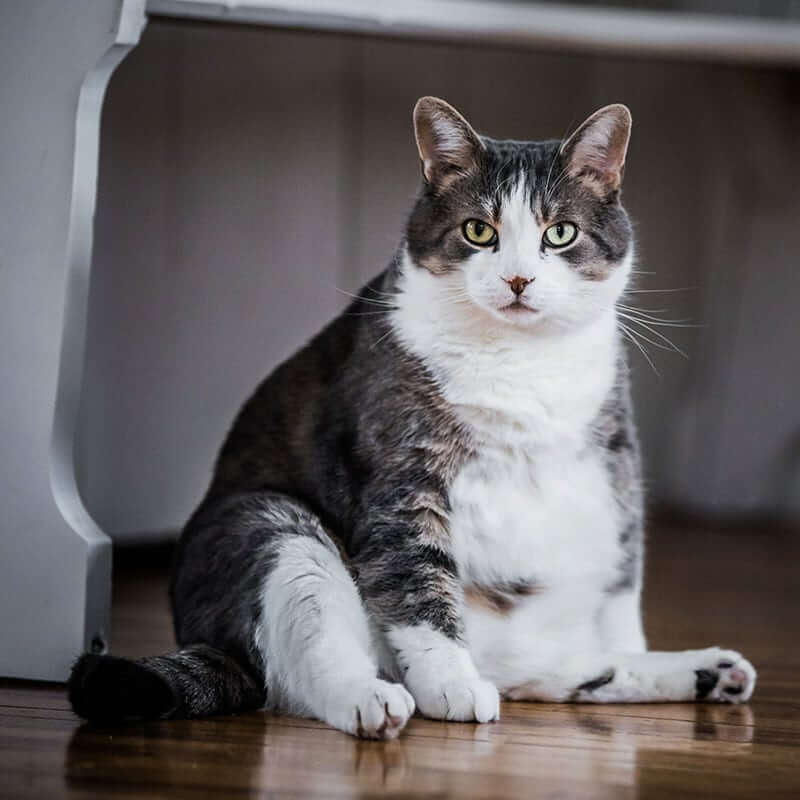
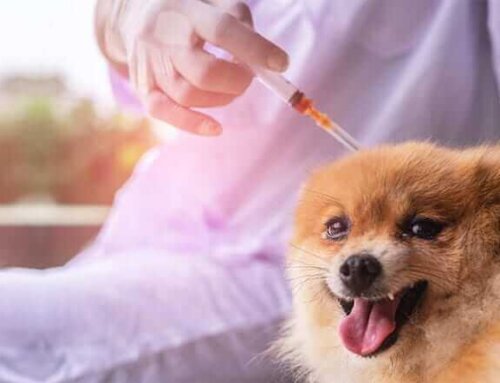

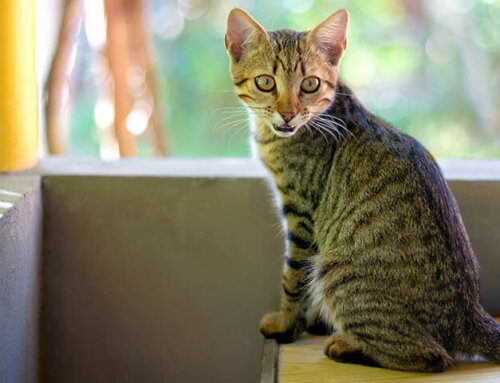

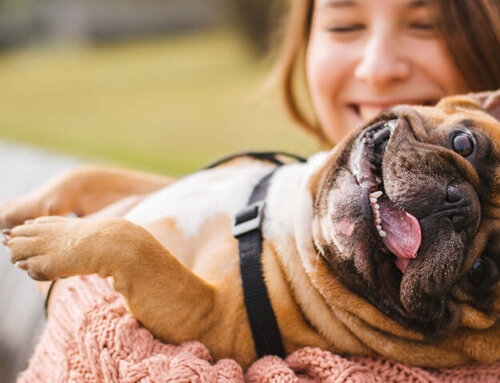
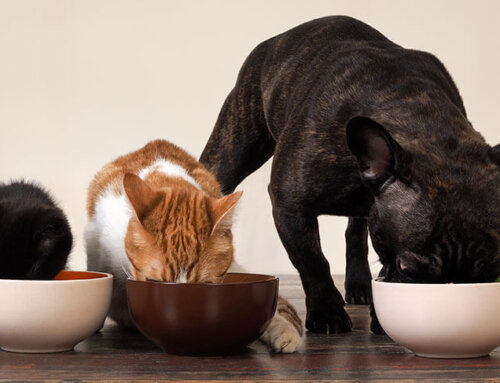
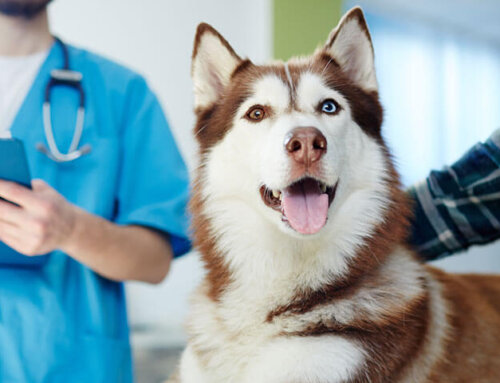
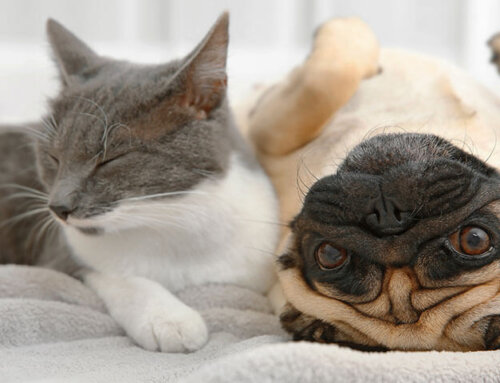

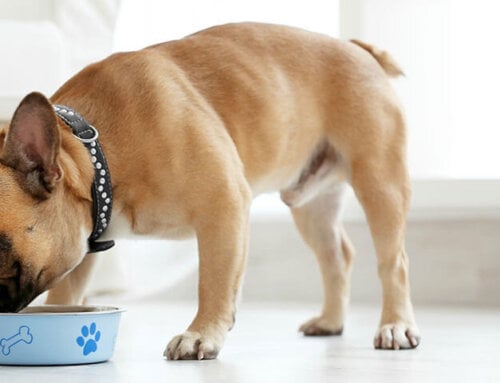
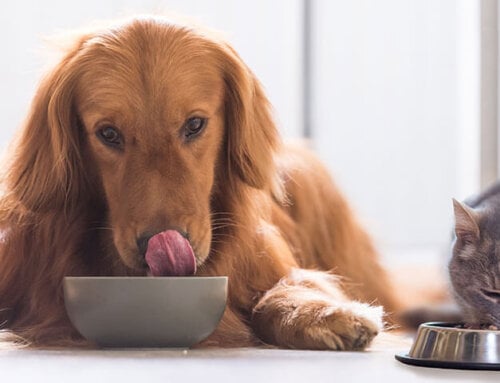

Leave A Comment